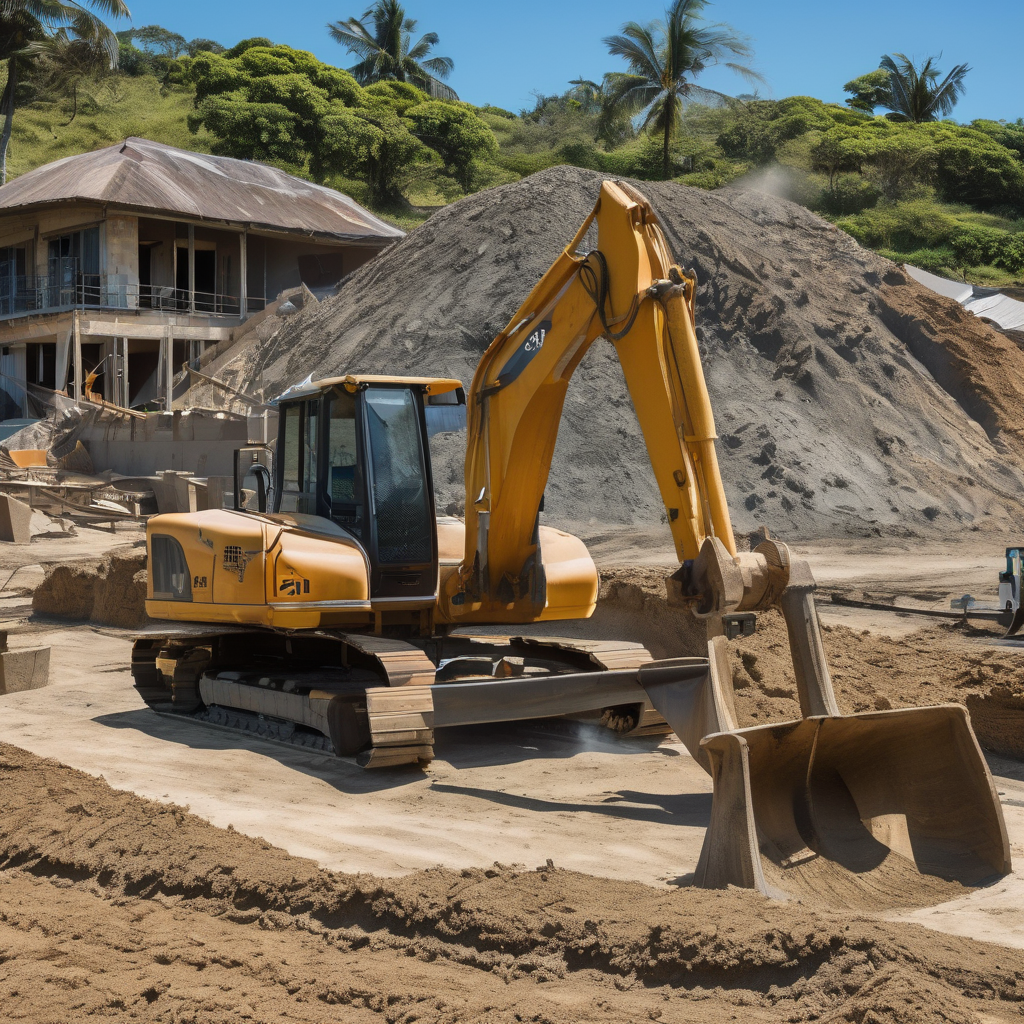Fiji’s construction industry is poised for significant transformation as calls for a revamped local construction contract gain traction. Setoki Tuiteci, General Secretary of the Fiji Association of Architects, recently spotlighted this need during the Extra Fiji Architecture Conference and Trade Exhibition at the Sheraton Fiji Golf and Beach Resort in Denarau, Nadi. While Tuiteci acknowledged the merits of the current standard construction contract, in use since 1978, he pointed out that many in the sector have resorted to complex international contracts that are often ill-suited to local circumstances.
During the conference, Professor Dr. Naseem Ali from Massey University presented ideas focused on modernizing Fiji’s construction contracts to better address existing issues. Tuiteci praised Dr. Ali’s initiatives aimed at creating a simplified, custom-made contract, asserting that such a contract would not only enhance clarity but also align more closely with local building practices. This would provide Fijians with a reliable framework when engaging in construction projects, ultimately fostering a sense of empowerment within the local sector.
The momentum for change in Fiji’s architectural domain aligns with discussions in the government regarding necessary reforms in the construction industry’s regulatory landscape. Deputy Prime Minister Manoa Kamikamica has emphasized long-standing challenges, such as regulatory gaps and insufficient support for architects and engineers. As the government pursues reforms to improve compliance with building codes and safety standards, these efforts aim to bolster the competency of local professionals.
This drive for enhanced regulations and clear contractual agreements signifies a broader vision for the future of construction in Fiji. In addition, the Deputy Prime Minister has noted promising investment potentials, including around $12 billion earmarked for infrastructure projects that could generate numerous job opportunities within the architectural and engineering domains. The focus on integrating sustainable practices into building designs further aligns with the government’s tourism development strategy, promoting environmentally friendly and resilient structures.
With these developments unfolding, Fiji stands at the cusp of a transformative phase in its construction industry. This evolution not only aims to empower local professionals but also strives to enhance community well-being by ensuring a safer and more sustainable built environment.
